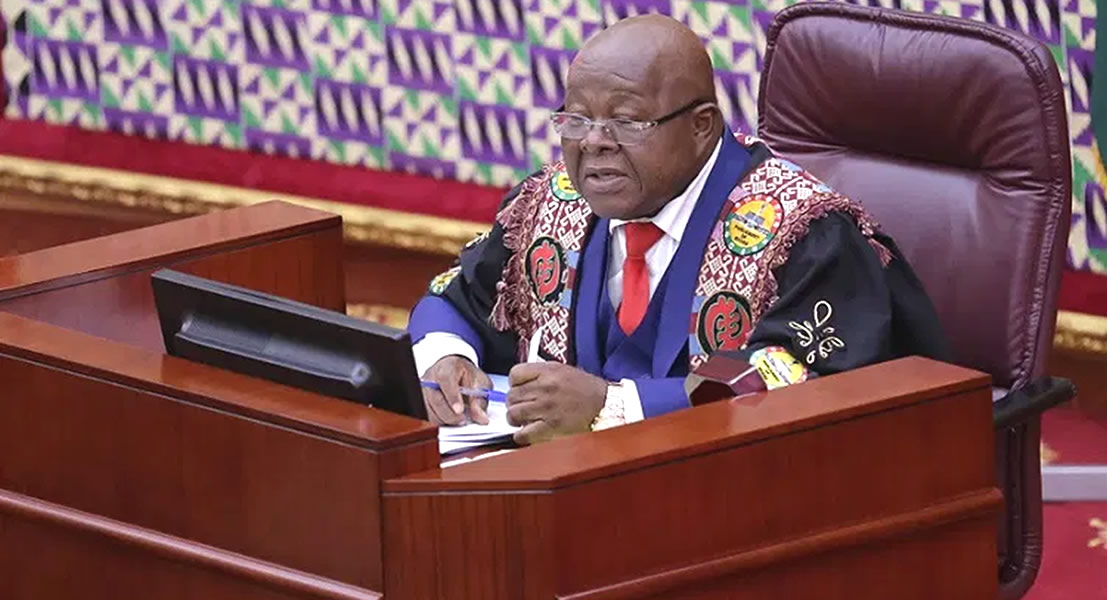
Ghana’s wish to have a new Parliamentary Chamber to accommodate more people could soon materialise, following the decision of the Indian government to extend its assistance in that regard.
The 400-seater capacity new chamber will replace the present 275-seater capacity chamber which was configured in 2013 to accommodate more Members of Parliament (MPs).
The Speaker of Parliament, Professor Mike Aaron Oquaye, told the Daily Graphic in an interview in India on the sidelines of the just-ended 12th Confederation of Indian Industries (CII) Exim Bank Conclave on India-Africa Partnership in India that an Indian construction firm, Shapoorji Pallonji, which built the Flagstaff House from 2006 to 2008, had already put a team of architects on site for feasibility studies.
The studies, he said, would allow the company to present a proposal and drawings of the new facility to the leadership of Parliament to be studied for a possible approval.
The team, Prof. Oquaye said, had already submitted a preliminary report to Parliament for study, while work on the full proposal and drawing were being worked on.
The facility, to be constructed at a cost of $200 million and situated behind the Speaker’s block, will also have a 400-seater capacity public gallery, side wings to accommodate other visitors, underground car parks, offices, a cafeteria for MPs and a museum of Parliament.
Ghana’s development
India has been supporting Ghana’s development by providing assistance in setting up projects through the provision of lines of credit and grants.
The Indian government has over the years supported the building of the India-Ghana Kofi Annan Centre of Excellence for ICT, the Flag Staff House and the Komenda Sugar Factory.
Old chamber
The old chamber has had its structural integrity questioned in recent times in the wake of a rainstorm in February this year which ripped off parts of the roofing, causing rainwater to leak into the chamber.
The situation which interrupted work flow saw the Vice-President, Dr Mahamadu Bawumia, announcing that the government would consider the possibility of building a new chamber for Parliament.
The new facility, Prof. Ocquaye suggested, would make way for the old chamber to be converted into a museum or archive to hold everything that has got to do with Ghana’s history and a parliamentary library which could serve academic institutions and people wishing to go into politics.
The museum, he added, would contain speeches of various Presidents who had ruled Ghana since independence, the books they used, among other relics.
“India today is poised towards helping with Ghana’s railway redevelopment which will accelerate our economic transformation,” the Speaker suggested.
“It is in this spirit of co-operation that we decided to solicit their assistance in the rebuilding of the Parliamentary Chamber which is monumental and will forever stand in appreciation of the good relationship between the two countries, and we have no doubt Ghana will forever be indebted to India if the project comes to fruition,” he stressed.
He encouraged Ghanaian businesses to endeavour to enter into joint ventures with Indian companies for the benefit of the two countries.
The exchange of business delegations between the two countries in recent years has led to an increase in investments by Indian companies in Ghana in the area of construction, manufacturing, trading, services and tourism and in areas such as steel, cement, plastics, pharmaceuticals; and these, Prof. Oquaye maintained, would go a long way to solidify co-operations between Ghana and India.